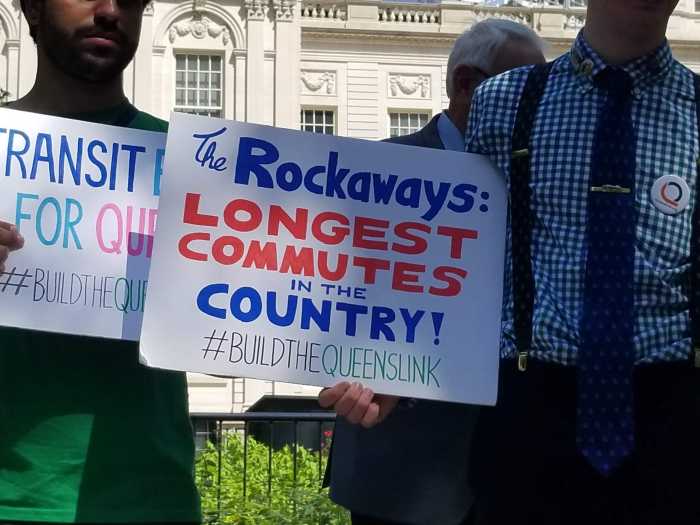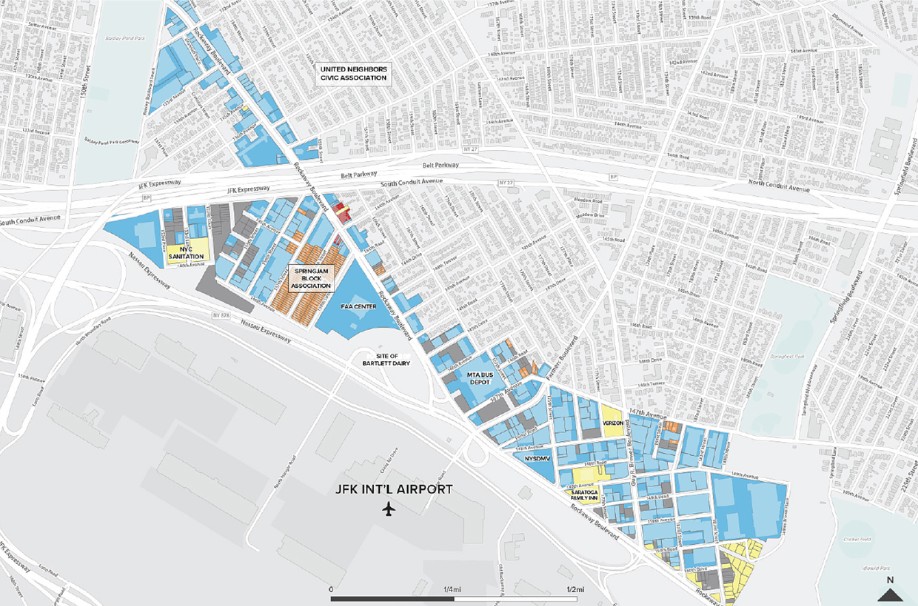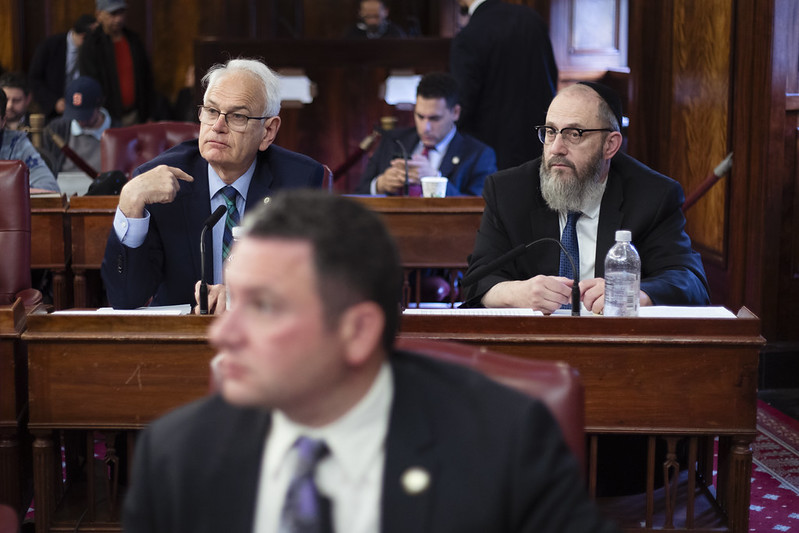The New York City Council overwhelmingly approved on Tuesday legislation to restore sex abuse survivors’ ability to bring civil claims under city law and reopen a one-year “lookback” window for people whose cases were dismissed after a restrictive court ruling earlier this year.
Intro 1297, which had more than 41 co-sponsors and passed on Nov. 25 with 48 votes in the affirmative, will clarify that survivors may bring claims under City’s Gender-Motivated Violence Act (GMVA) not only against individual abusers but also against institutions that enabled sexual violence, even when the abuse occurred decades ago.
If signed by outgoing Mayor Eric Adams before the end of this year, the new filing window is scheduled to run from March 2026 to March 2027, providing survivors with another opportunity to pursue civil justice, including claims against hospitals, corporations, and other entities that facilitated misconduct.
A representative for Mayor Adams said Hizzoner will review the legislation, but did not disclose when a decision would be made, adding, “We stand with survivors of gender-motivated violence in their quest for justice.”
The City Council first enacted the GMVA in 2000 to allow civil lawsuits against people who committed gender-motivated violence. In 2022, the law was revised to hold accountable those who played a role in facilitating abuse.
But in September, a court ruled that some survivors’ cases were not covered under the statute, leading to the dismissal of pending lawsuits filed by people abused in city-run institutions, including 450 cases involving juvenile detention facilities.
Sex abuse survivors ‘deserve to be heard’: Bill supporters
Tuesday’s vote followed a press conference in City Hall Park, where survivors, attorneys, advocates, and community leaders spoke about the impact of trauma, the barriers created by statutes of limitations, and the need to hold institutions accountable for harm that was ignored, hidden, or allowed to continue.
One abuse survivor who had his case thrown out earlier this year, Austin Stevens, said the dismissal “re-traumatized” him and felt like being silenced again. Fighting for the bill, he said, “reminded me that I am not alone” and that survivors “deserve to be heard.”
“It took me right back to being a kid. When I was silent about the abuse I went through, because I truly believed no one would believe me,” he said through tears. “Seeing the case, going out, felt like that same silence all over again.”
Stevens said he showed up on Tuesday to speak for victims of sexual abuse who died or fell into addiction because “they didn’t know how to deal with the pain and suffering of being sexually assaulted.”
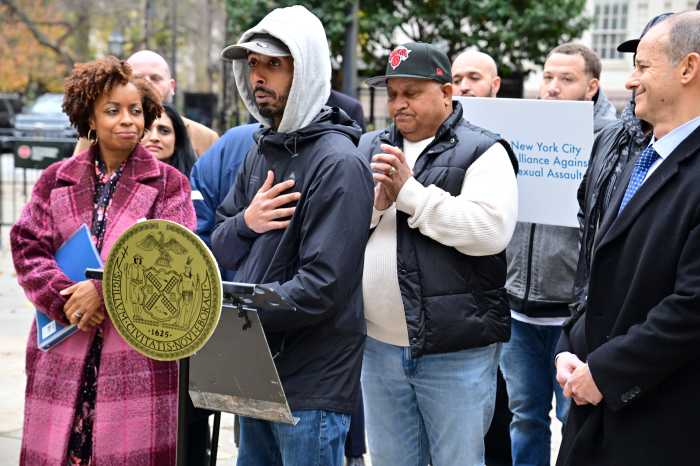
Another survivor, Leon Santiago, who also had his lawsuit dismissed, said the abuse he suffered as a child in a juvenile facility “stayed with me my entire life.”
He shared that a staff member abused him in a way “no child should ever experience,” and that the trauma has followed him through adulthood, resurfacing through pain and triggers. He said he remains grounded by his 14-year-old daughter and the stability he has built through his job.
The passage of Intro. 1297, he said, “gives me a real chance for my case to move forward” and is “another step in my healing.”
Queens Council Member Selvena Brooks-Powers, who introduced the bill, said survivors should never have lost their chance at justice because of a loophole.
She called the vote a “powerful day” belonging to “every survivor, every advocate, every attorney, every organizer and every New Yorker who refused to give up the fight for justice.” The bill, she said, “restores survivors’ rights, reopens the GMVA lookback window and makes absolutely clear that institutions cannot hide behind legal technicalities to escape their responsibility.”
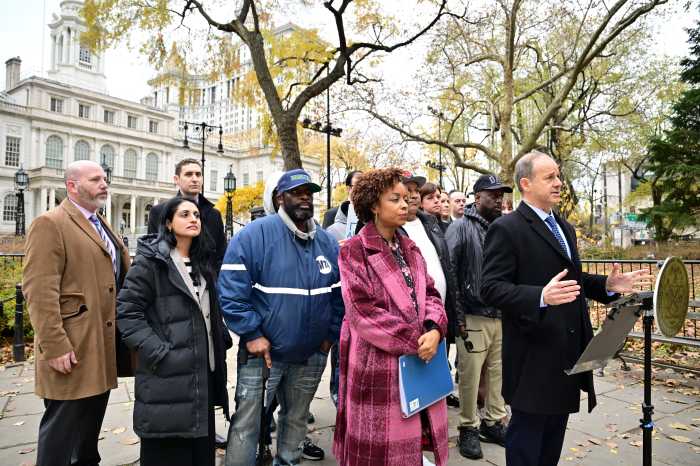
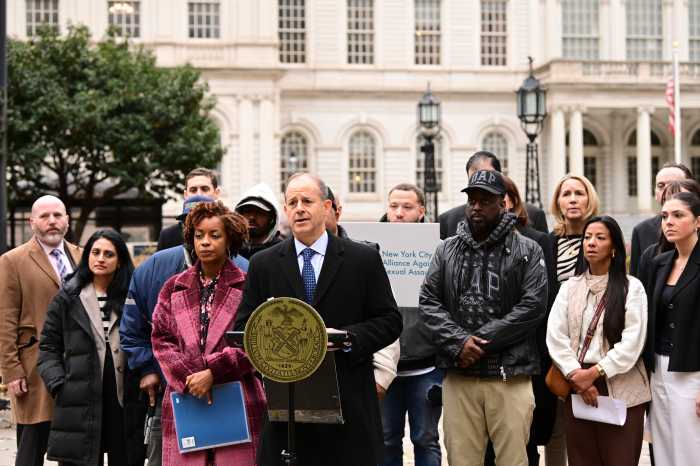
Advocacy organizations also voiced support. Emily Miles, executive director of the New York City Alliance Against Sexual Assault, called the vote a moment that “revives civil pathways for people harmed by gender-motivated violence” and enables claims “against the institutions that played a pivotal role in allowing that abuse to take place.”
The New York State Trial Lawyers Association, which has been a consistent advocate for survivors in Albany, called the Council’s action “a major step toward accountability, healing, and systemic reform.”
Board member Judy Livingston said the vote reflects a justice system that acknowledges the impact of trauma rather than cutting off claims before survivors are prepared to come forward.
“Survivors deserve a justice system that recognizes the reality of trauma, not one that shuts the courthouse doors before they are ready to step forward,” said Livingston.
Jerome Block, a partner at Levy Konigsberg, called the vote on Intro. 1297 “a victory for survivors,” saying it showed that “democracy is working” as the Council moved to amend the GMVA.
“Survivors deserve accountability,” said Speaker Adrienne Adams following the vote. “Many New Yorkers know or love someone who has been affected by gender-motivated violence. Accountability is a key part of the road to recovery, and why the Council advanced this bill to empower survivors.”
If Intro. 1297 is enacted, anyone harmed by a person who commits, directs, enables, participates in, or conspires to commit a gender-motivated violent crime can file a civil lawsuit.
The legislation states that claims must be filed within 18 months of the law’s effective date. Those who filed claims between March 1, 2023, and March 1, 2025, may amend or refile their cases to include a cause of action under the new provision.




